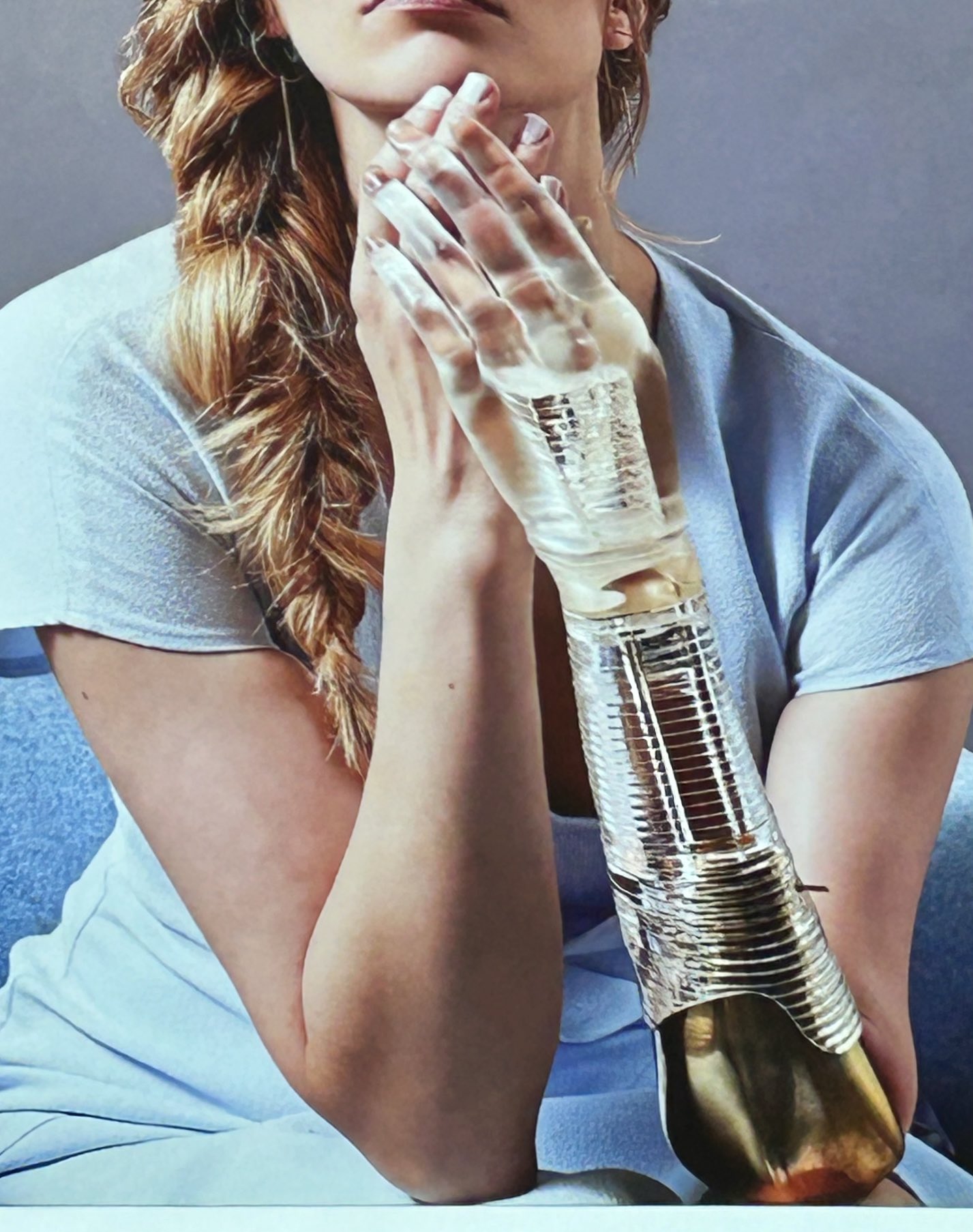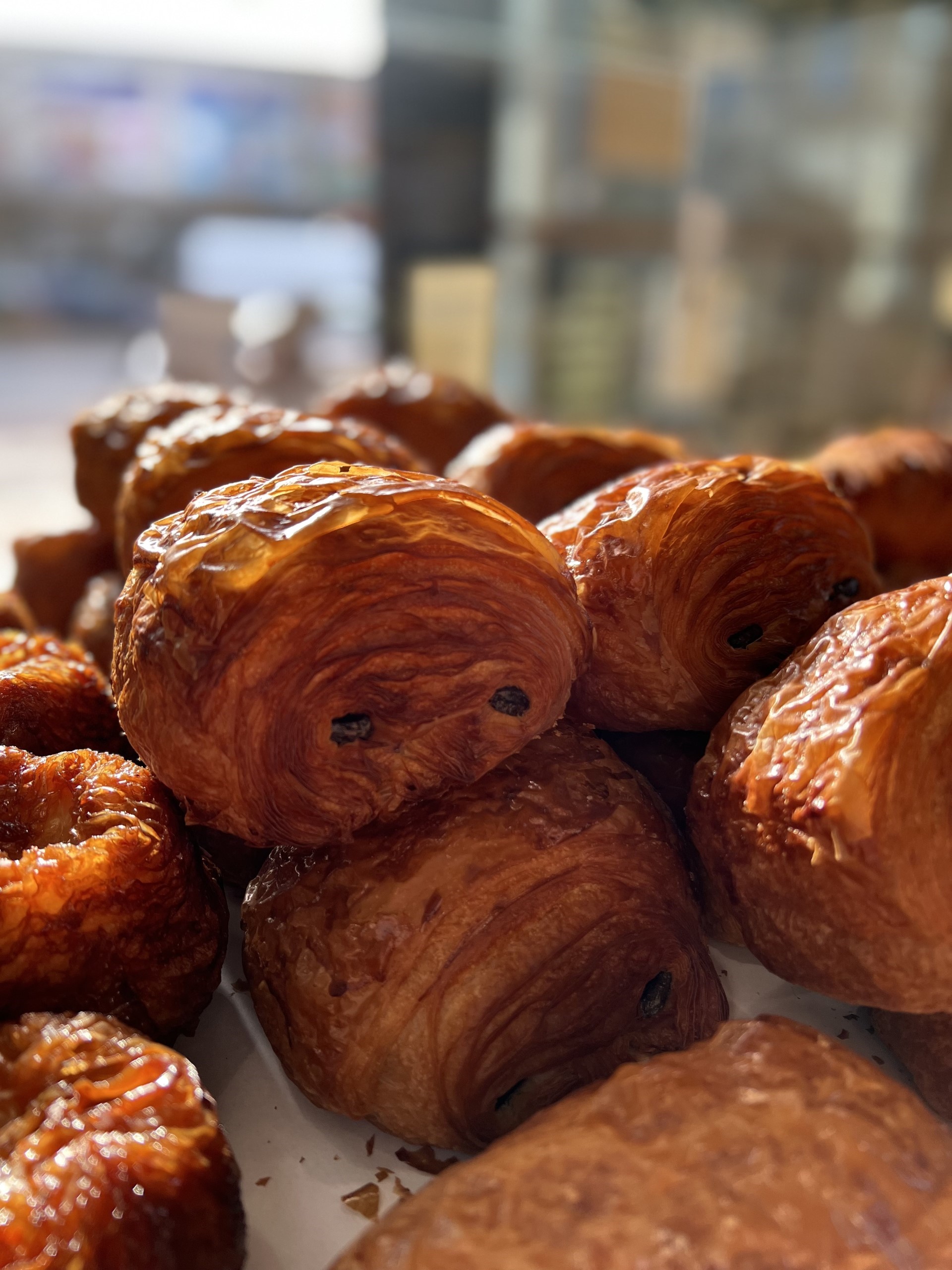Author: Dr Ishminder Mangat, Great Western Hospitals NHS Foundation Trust, England
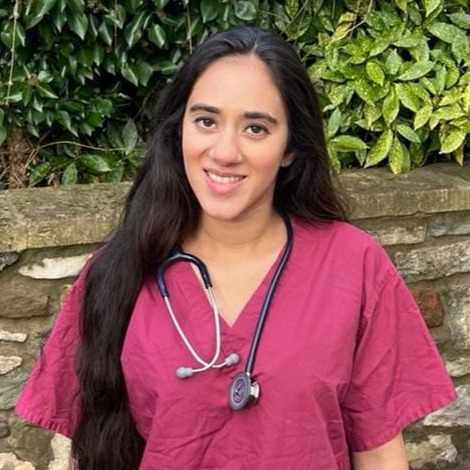
Bodies was the first ever medical humanities conference to take place in Bristol: it was held on Monday 26th June 2023 in the grand and imposing neo-Gothic Wills Memorial Building. For this summary article, I have tried to capture an account of an event that will hopefully be long remembered by all that took part.
We set out to explore bodies in their various and ever evolving forms. We were extremely lucky to have Kat Lyons, the Bristol City poet, whose spoken word poetry performances were both mesmerising and incredibly moving. They opened the day with ‘Cavity’ which explored how we can lose sight of what matters most when it comes to our health and focus on superficial markers of well-being, which do not truly represent human flourishing.
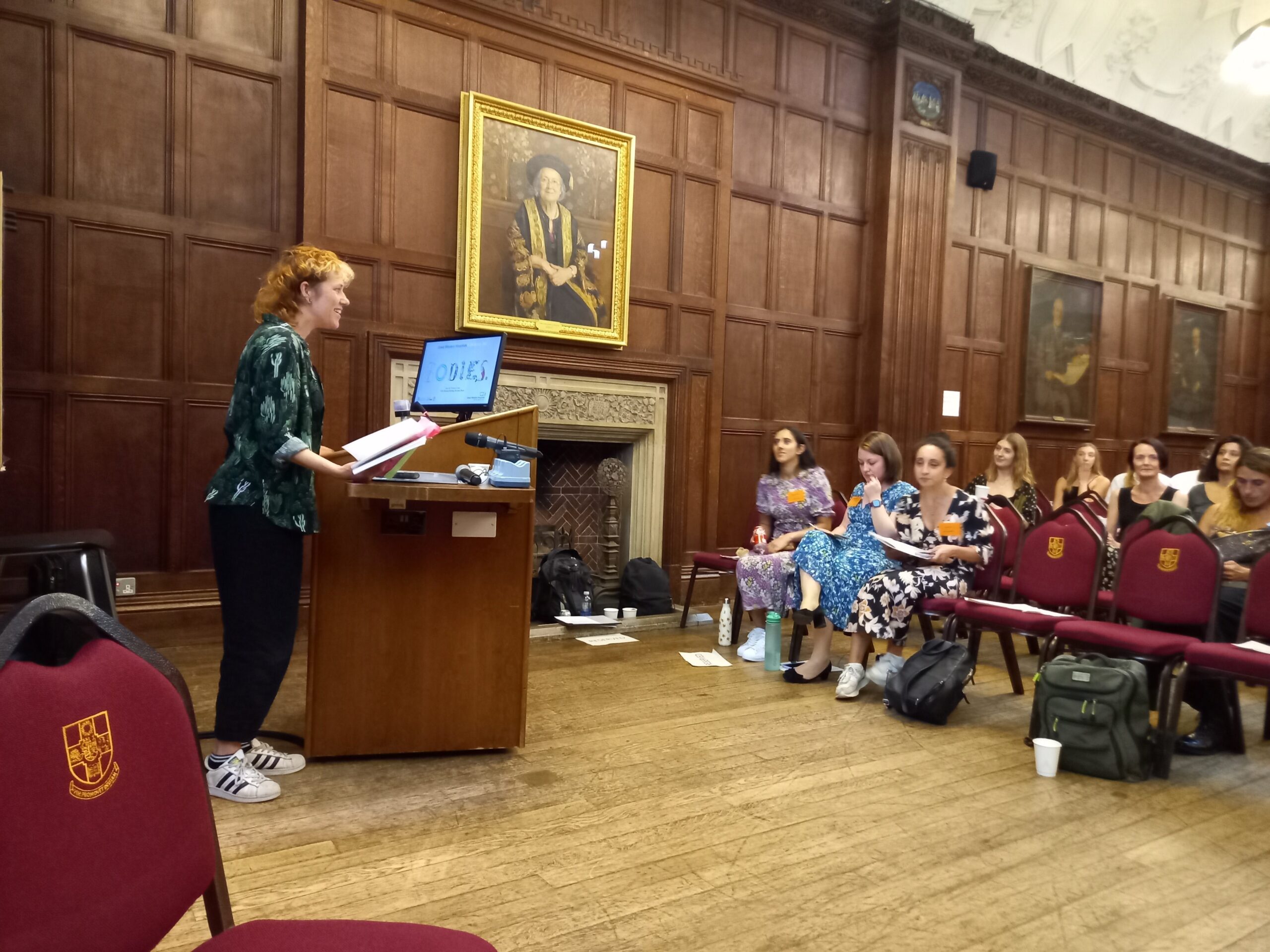
Our first speaker of the day was the highly entertaining Dr. Chris Luke, an Emergency Medicine consultant, with a keen interest in the prevention of health problems. His talk was nothing short of thrilling: full of witty catchphrases and quotations, images and facts that simultaneously disturbed and delighted the audience. Sex, drugs, and nightclub medicine featured in this diverse and scintillating opening act. He spoke of the necessity for pleasure in medicine, as an important antidote to burnout and reinforced this with robust research. He showed what happens when the body is depleted of its resources and he discussed, with bravery and honesty, his own experiences of burnout. We left this talk feeling inspired to engage in pursuits that truly excite us, in order to help nurture and sustain our love for medicine.
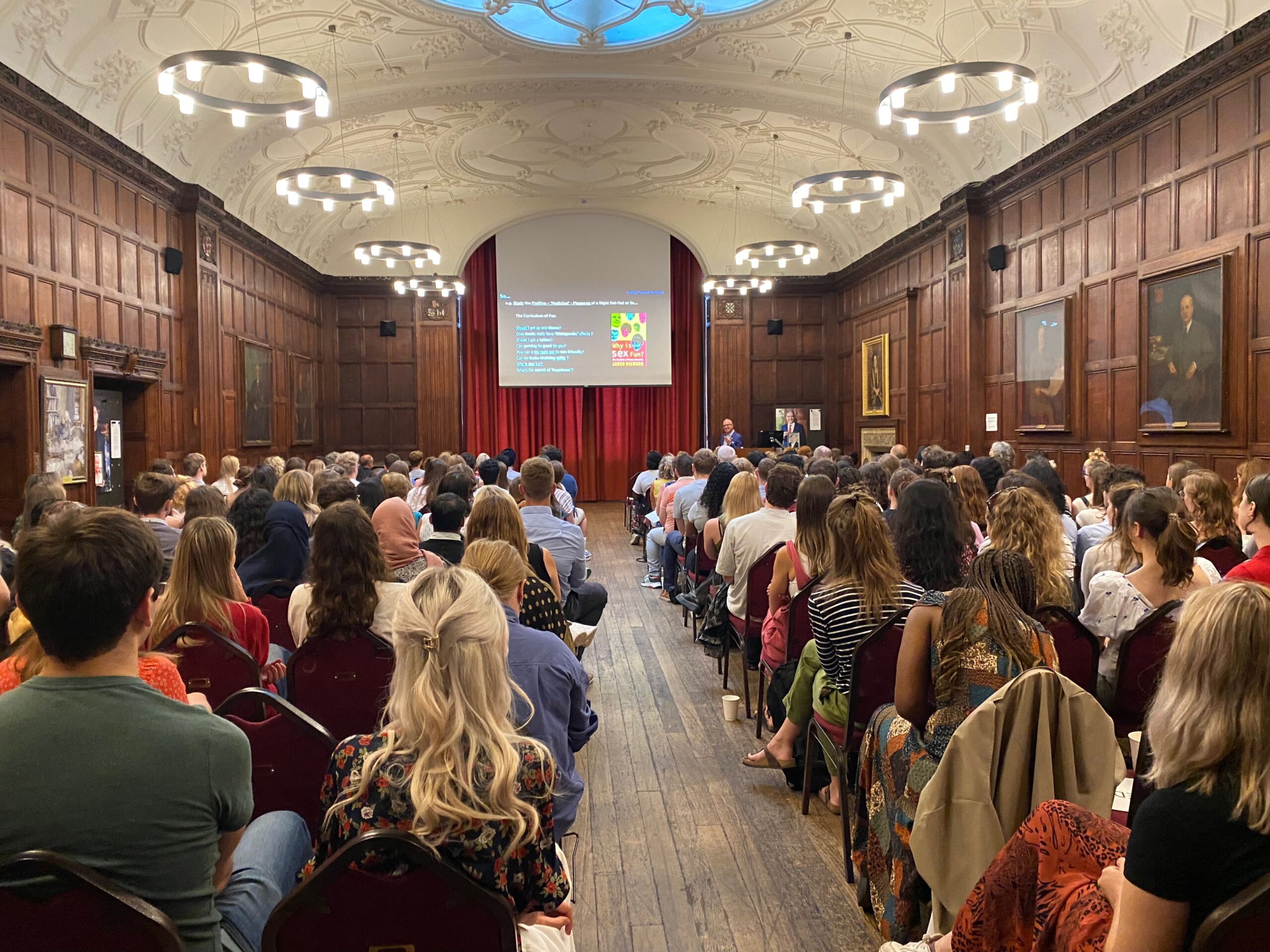
For our second talk, there was a change in tone when Sabeena Pirooz, an award-winning solicitor, demonstrated how society can attempt to control bodies through forced marriage. Sabeena delivered a very informative talk whilst still deflty navigating the emotional complexity of the topic. Sabeena explained the relevant law and expertly debunked common myths around forced marriage and honour-based abuse. She described the tremendous work that she does with her charity, The Sky Project, to try to prevent this. The audience learned about warning signs associated with forced marriage and honour-based abuse, and how to intervene when we suspect that this may be occurring.
Next up was Dr. Ian Williams. Ian coined the term ‘Graphic Medicine’ and he adeptly illustrated how comics can be used to portray diseased bodies in different ways, and how they can make the invisible symptoms of disease visible. He also exposed the therapeutic potential of the graphic novel through a series of intricately drawn and powerful images. We learnt how they can help patients to reclaim their illness narrative and, moreover, how they can portray the reality of illness and suffering in its myriad forms. Additionally, Ian revealed his own struggles with OCD and he outlined how graphic medicine gave him a constructive outlet to show the public that doctors are, first and foremost, human beings with their own strengths and weaknesses.
After lunch, Dr. Rachel Clarke facilitated a brilliant panel discussion on the topic of grief. Panel members were Dr. Lucy Selman, Dr. Lesel Dawson and Professor Mark Taubert. Rachel explored how the arts can support those who are grieving or approaching death, and what motivates those who dedicate their professional lives to grief. Prof. Mark Taubert recounted his professional experience of grief, including receiving phonecalls from bereaved relatives sometimes years after an individual has died, and often asking questions that could have been answered at the time. He then recalled the fantastic story of how and why he came to write a thank you letter to the musician David Bowie after he died, a letter which became internationally famous and was read by Benedict Cumberbatch at Hay Literary Festival 2016 and also by Pulp singer Jarvis Cocker at Letters Live.
Lucy and Lesel discussed how they have created a supportive space for many grieving people through their work with the Good Grief Festival. Lucy examined the concept of disenfranchised grief and how some members of society do not permit the expression of certain types of grief. Lesel eloquently explained how the arts can be used as a platform to encourage discussions about grief including in educational settings.
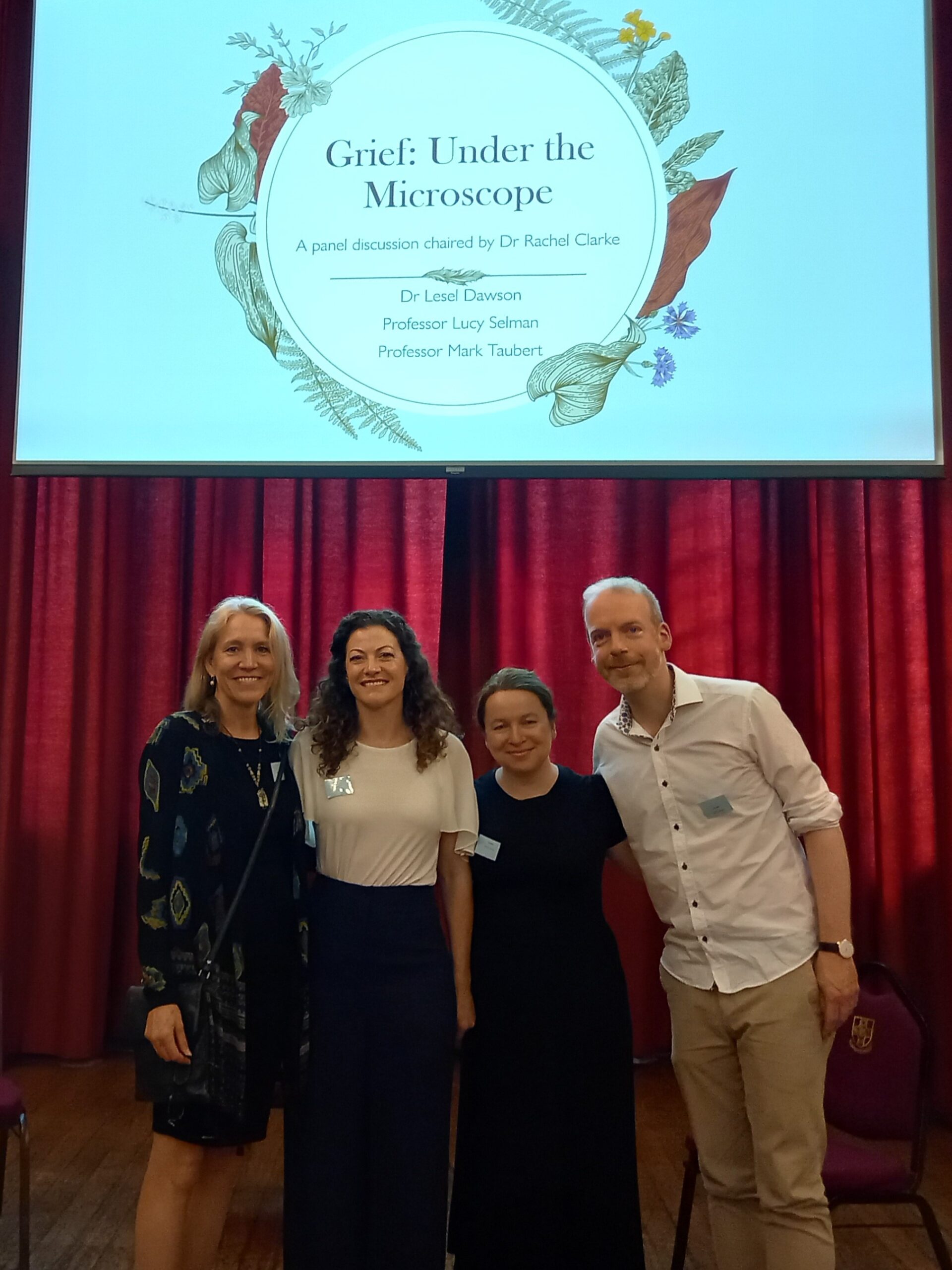
A little later in the day, we heard from the team behind the Channel 4 documentary, My Dead Body, who showed us one journey that the body can take after death through the extraordinary and heartrending story of Toni Crewes. Toni, after dying from a rare cancer, generously donated her body to medical science, and she has been the first person in the UK to consent for her body to be publicly dissected. Her body has already helped to educate over 800 students doing healthcare courses. The team reflected on the undeniable human impact of receiving and handling Toni’s body, and the weighty emotional consequences for them personally.
Our final speaker of the day was the immensely talented Sophie de Oliveira Barata who is the founder of the Alternative Limb Project. She stunned the audience with videos that showcased the highly innovative and spectacularly creative pieces that she has designed for amputees. The images of her work rendered the audience speechless, and they were so captivating and unique that they seemed almost unbelievable. She challenged societal perceptions of beauty and showed us what it truly means to celebrate body diversity.
Along with wine and nibbles, delegates could view the exhibition space in the Great Hall in the afternoon where other medical humanities projects were on display.
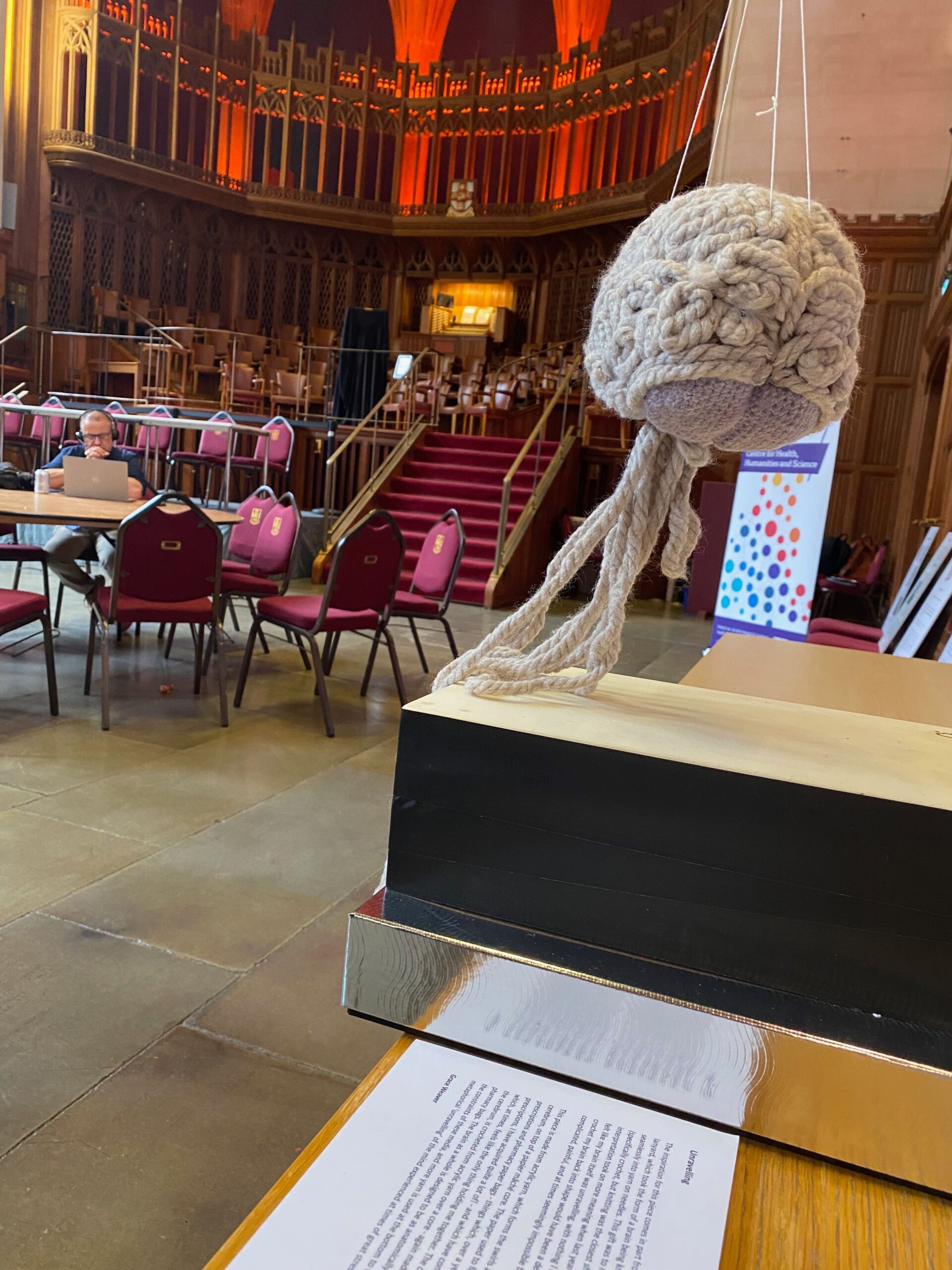
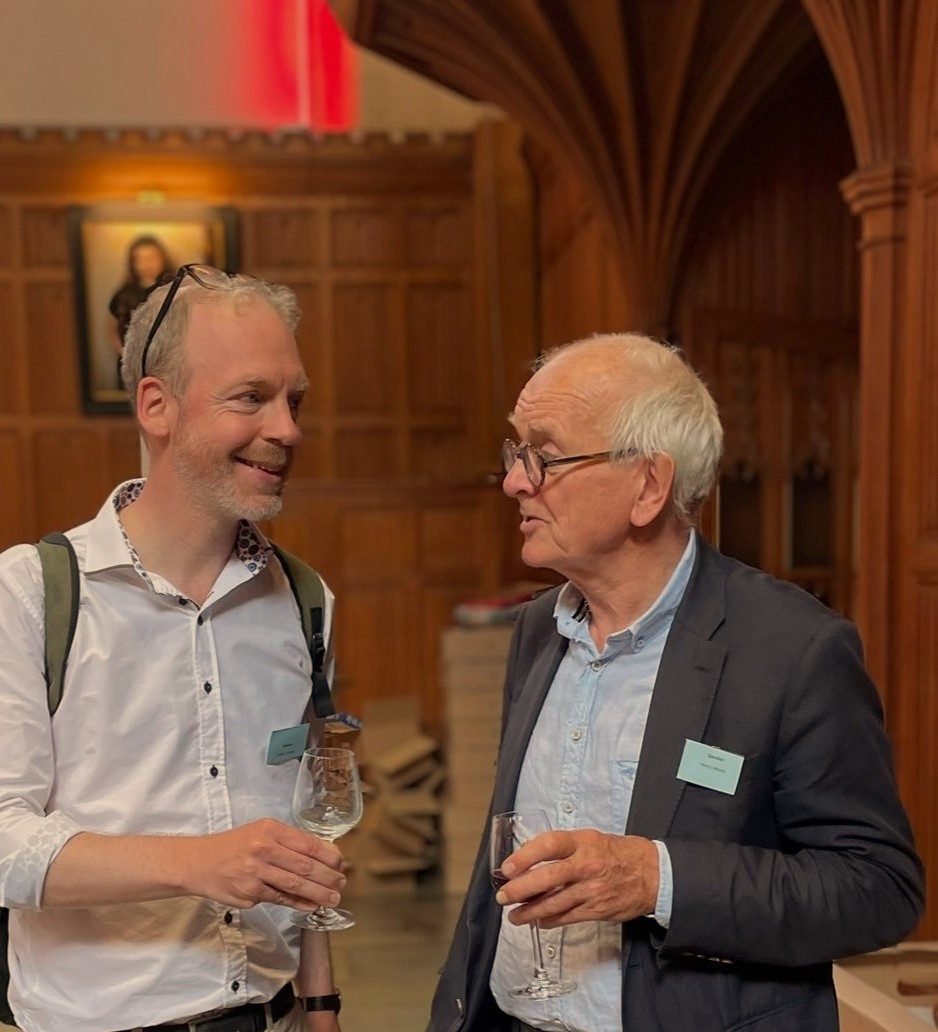
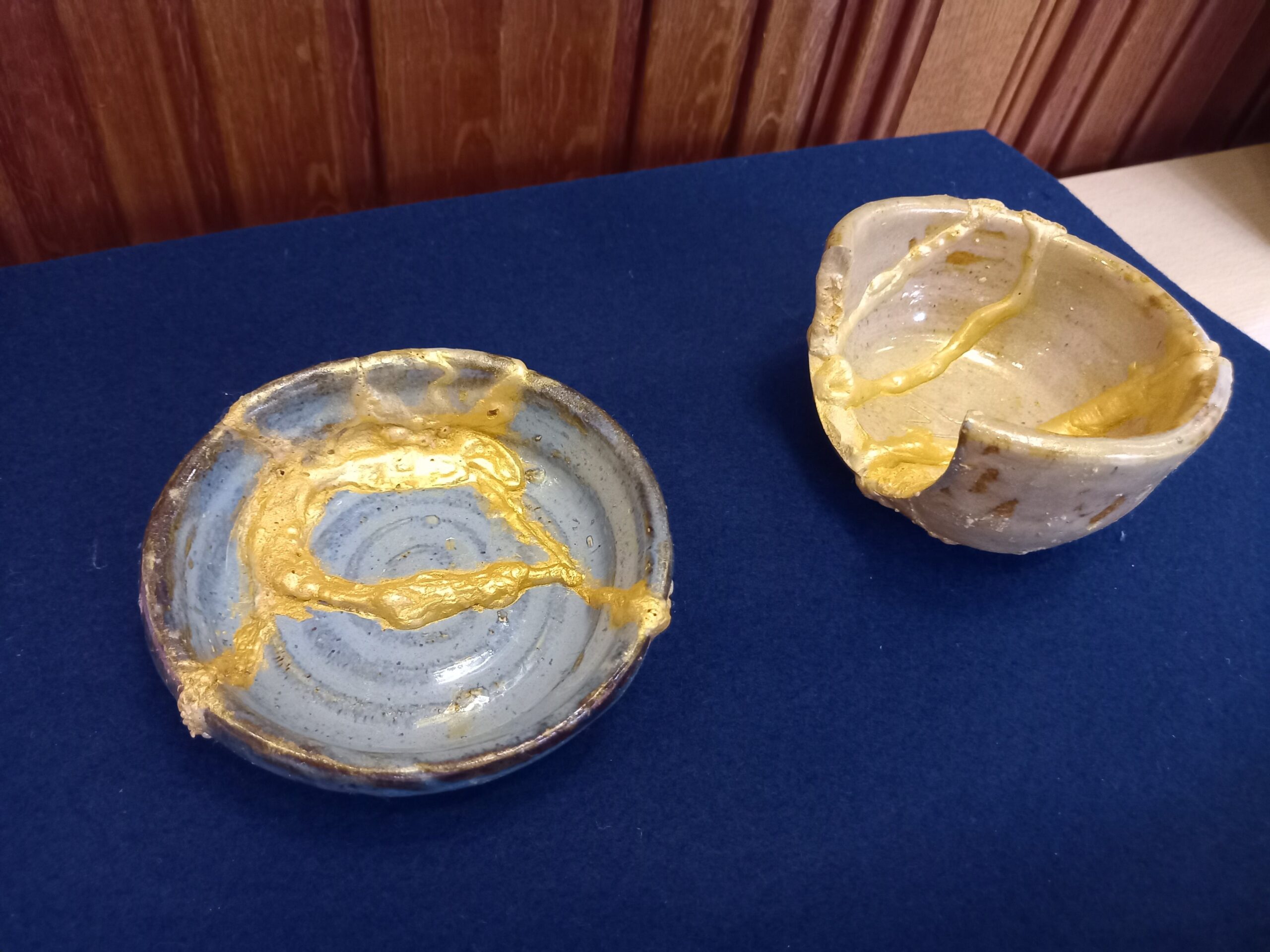
Bodies reached its crescendo in the evening as we welcomed Rachel Clarke and Henry Marsh to the stage. Rachel spoke about the magnificent and wide-reaching power of storytelling and how, as healthcare professionals, we must use our voices and position of trust in society to speak out against injustice. She related this to the horrific and traumatic scenes that she had witnessed during a visit to Ukraine last year when she was caught in a missile attack whilst training healthcare professionals there. Henry has also conducted medical work in Ukraine since 1992 and both speakers described the phenomenal work that they have done in setting up their charity, Hospice Ukraine, which seeks to support the work of palliative care teams there. As well as this, Henry reflected on the true experience of being a neurosurgeon with all of the success and failures that accompanied it. He considered the difficulty of his transition from doctor to patient, and how this forced him to confront his own mortality.
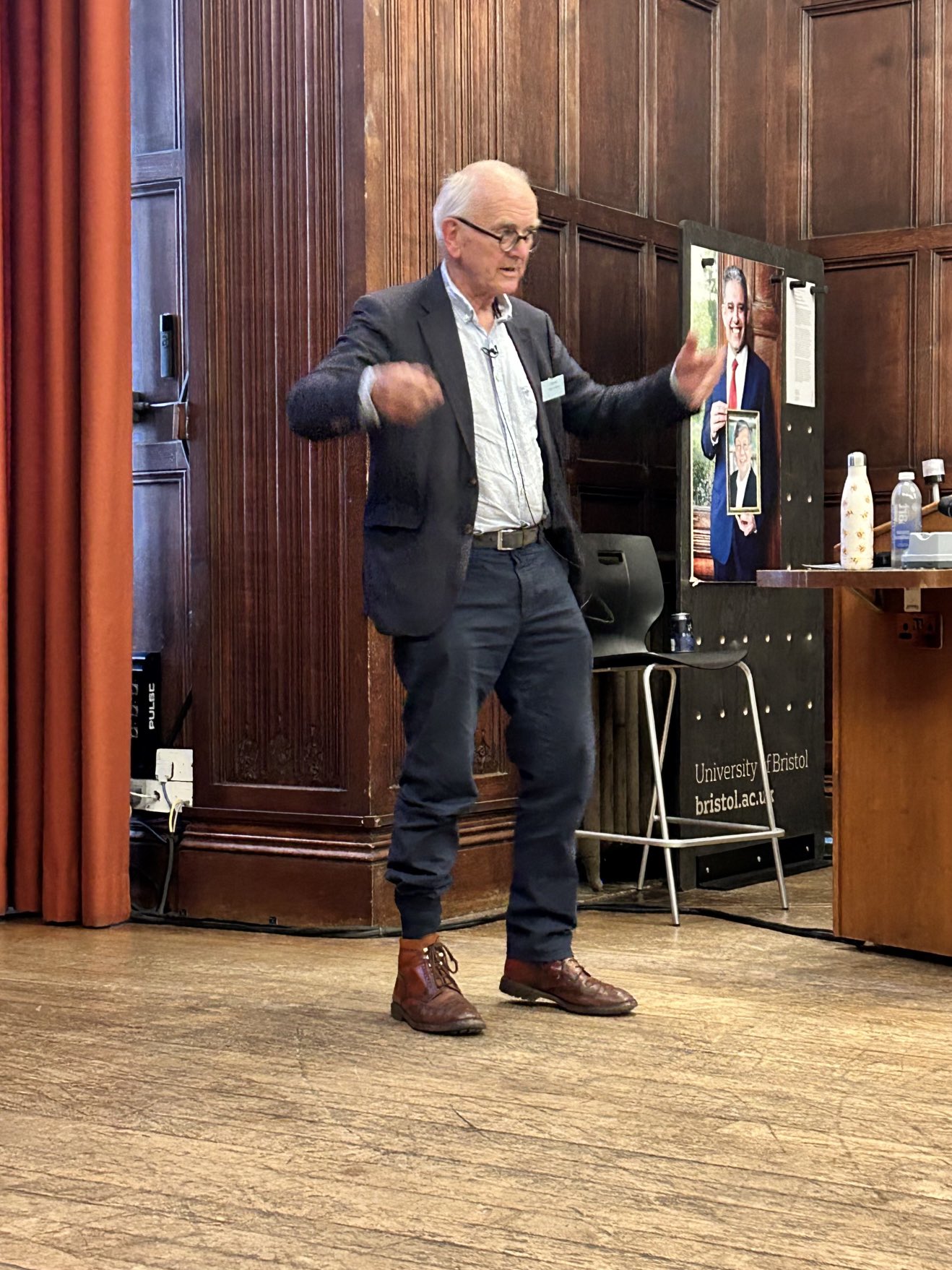
Bodies was also a day of sensational food for which we are indebted to two of Bristol’s iconic eateries, Farro and Little Bagel Co. The conference was well attended, and the feedback was overwhelmingly lovely with a couple of our delegates even describing it as “soul food”.
That was BODIES. Until next time…
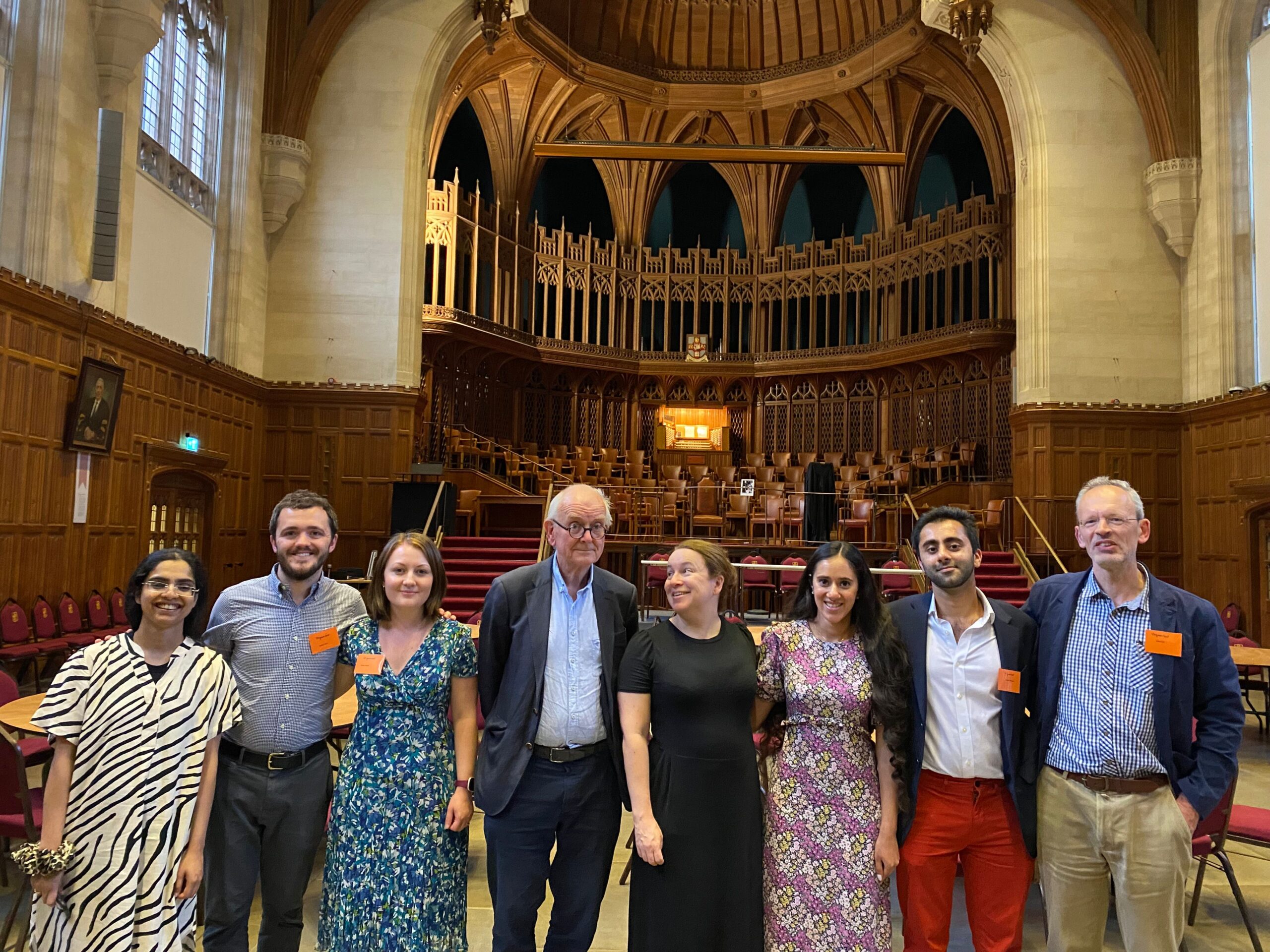
Acknowledgment: We are very grateful to the undergraduate academy at Great Western Hospital NHS Trust for funding and supporting this conference as part of their CHOICE programme for third year medical students
